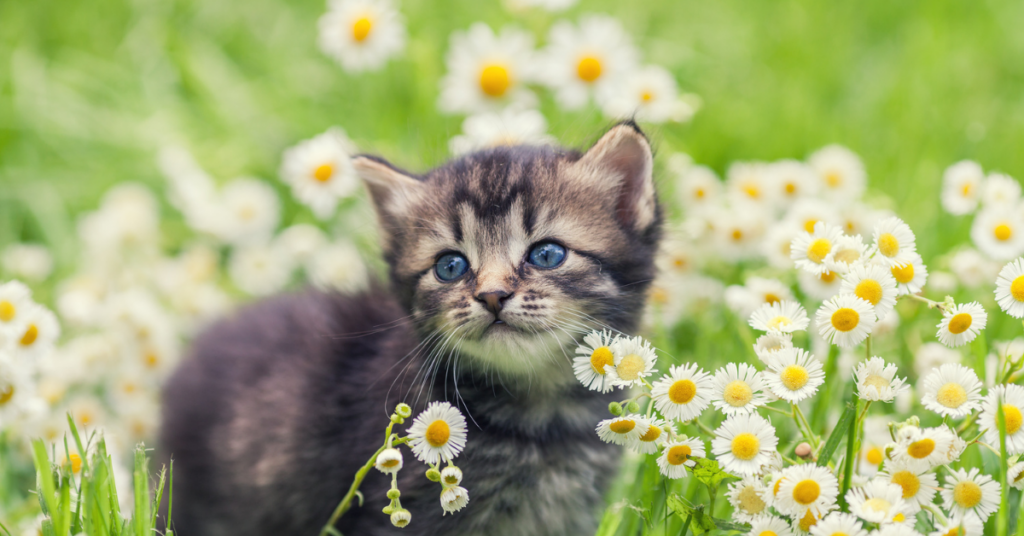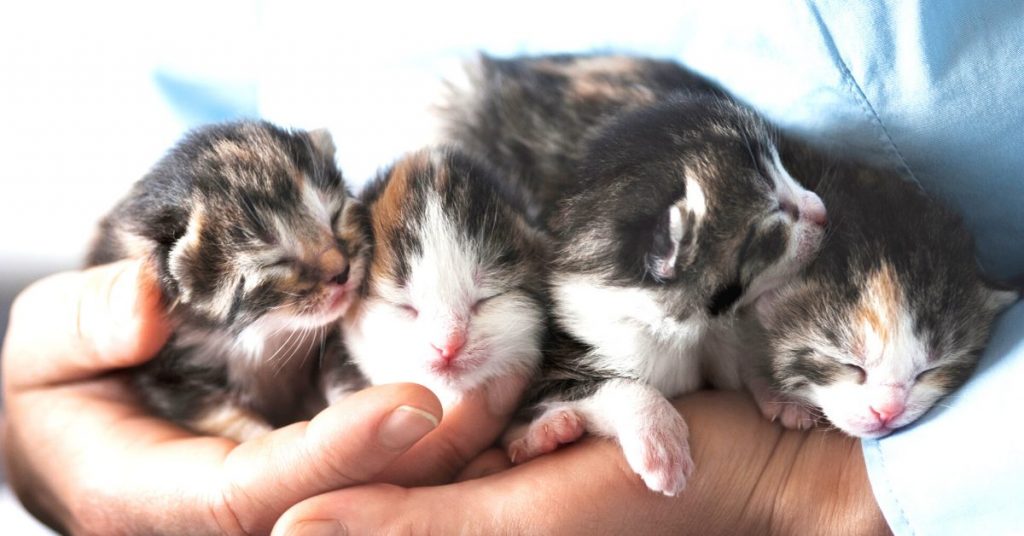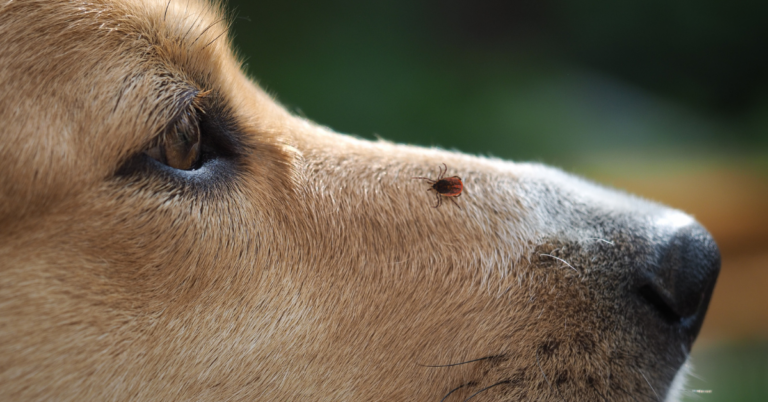How to Treat Ringworm in Kittens
Reviewed by Erica L. Tramuta-Drobnis, VMD, MPH, CPH
Ringworm in kittens is a common occurrence, and one that needs to be treated effectively to stop its spread.
Ringworm in cats happens more than in other animals, and cats also shed large numbers of fungal spores when infected.
What Is Ringworm?

A ringworm infection in cats is a fungal infection that most often affects the skin, nails and hair, especially in kittens.
Ringworm mostly affects kittens due to the relative weakness of their immune system, making them more susceptible.
This disease is infectious to humans, making it a zoonotic disease we need to look out for, and another reason it needs to be treated.
This fungus originated in the soil but is a very effective parasite that moves far beyond its home area.
Ringworm is not a fatal disease, and can be treated successfully over several weeks.
How Did My Kitten Get Ringworm?

Cats and kittens will get ringworm from contact with an infected cat, or from contaminated objects or environments.
Some fungal spores can be carried through the air by the wind riding on dust particles, causing infection when encountered by a cat.
Symptoms of Ringworm in Kittens

Broken stubbly hair, crusty or scaly skin, hair loss, excessive grooming, dandruff, and change of color in infected hair.
Infected claws or nail beds, and areas of inflamed skin are additional signs when ringworm is suspected.
Despite its name, ringworm has nothing to do with worms, and a ringworm lesion is circular in shape like a ring.
Diagnosing Ringworm

A special ultraviolet light known as wood’s lamp is used to detect ringworm on your animal.
The fungus will glow in the dark when the special light is used to find it, providing the veterinarian with a good idea of what the problem could be.
There can be false positives and therefore the surest method of diagnosis is by culturing the fungus in the lab.
The culturing route can take time and sometimes it may be best to treat the lesions that show up under the light as ringworm.
It is imperative that you isolate any pet that comes down with ringworm because of its highly infectious nature.
How to Treat Ringworm

Ringworm can resolve itself, as it is self limiting, but this can take from three to five months.
Therefore it is best to treat an infected animal with medication, especially since it is highly contagious.
Treatment for ringworm is a combination of topical antifungals as well as oral medication.
Keeping the surrounding environment clean and free of any contaminated hair or spores is incredibly important.
Once started treatment is very important to follow through on, making sure the fungus is dead and no clinical signs remain.
Even with aggressive treatment a cat can remain infectious for up to three weeks.
In cases where the fungus stubbornly remains, your vet may have to prescribe alternative anti fungal medication.
It is important to wear gloves when handling your infected animal to ensure your own safety.
If anyone in the household happens to get infected they must seek medical attention right away.
When to See a Veterinarian

If you notice that your cat or kitten is excessively, and aggressively grooming, or see any patches of hairless skin.
If your cat has circular lesions, with crusty and scaly skin, a change of color in skin or hair, infected claws or inflamed skin.
Isolate your animal and contact your veterinarian immediately.







